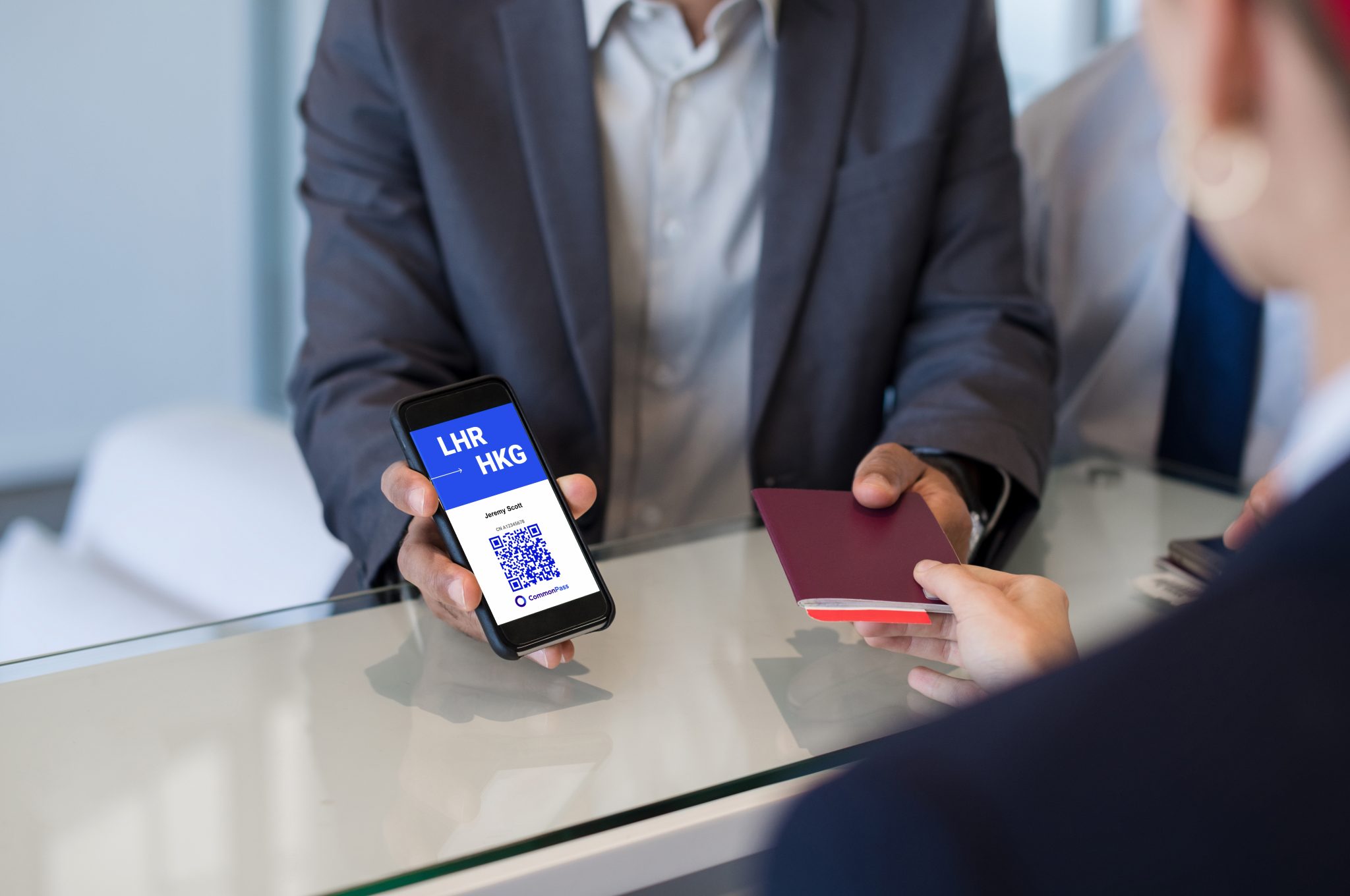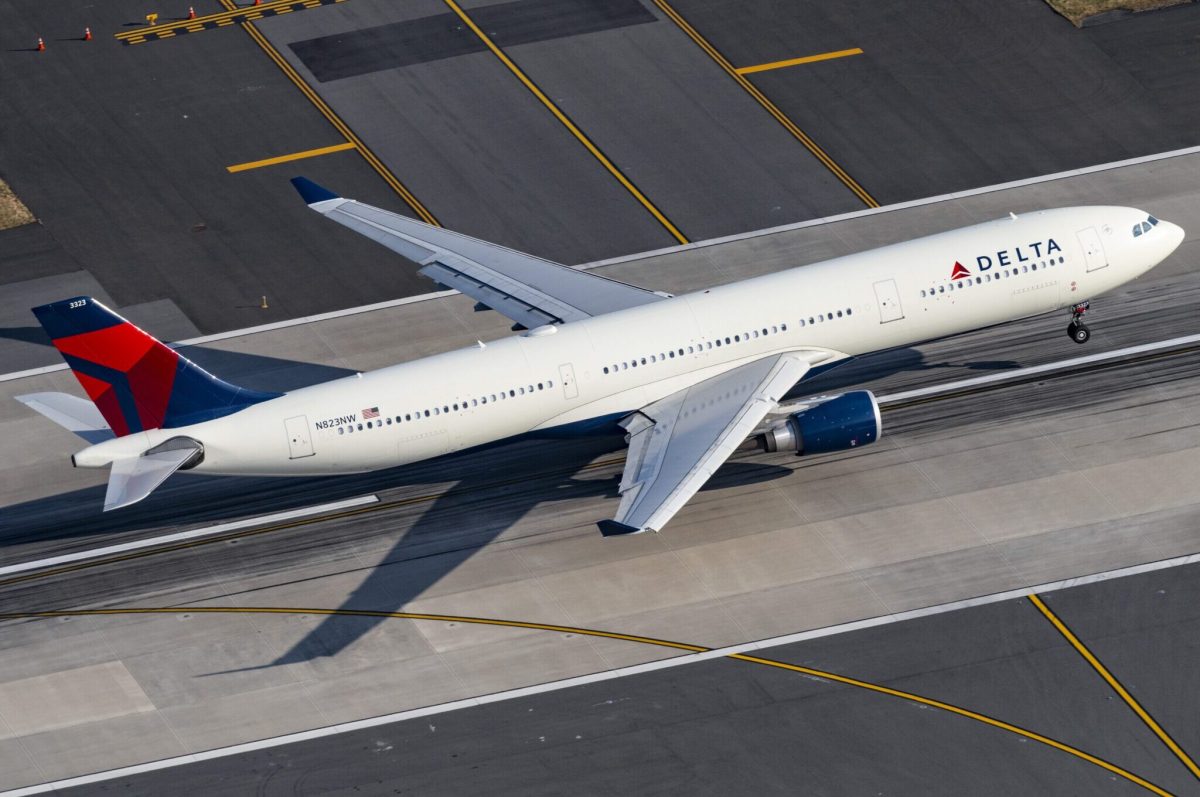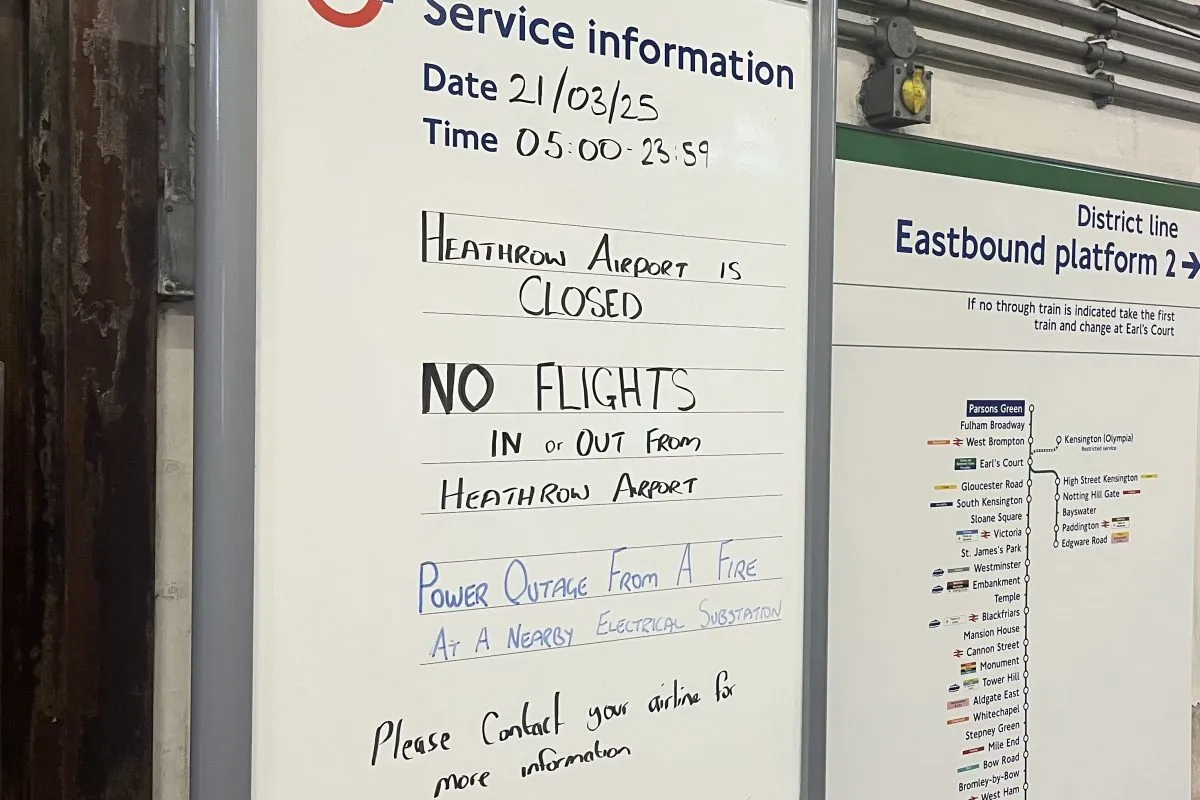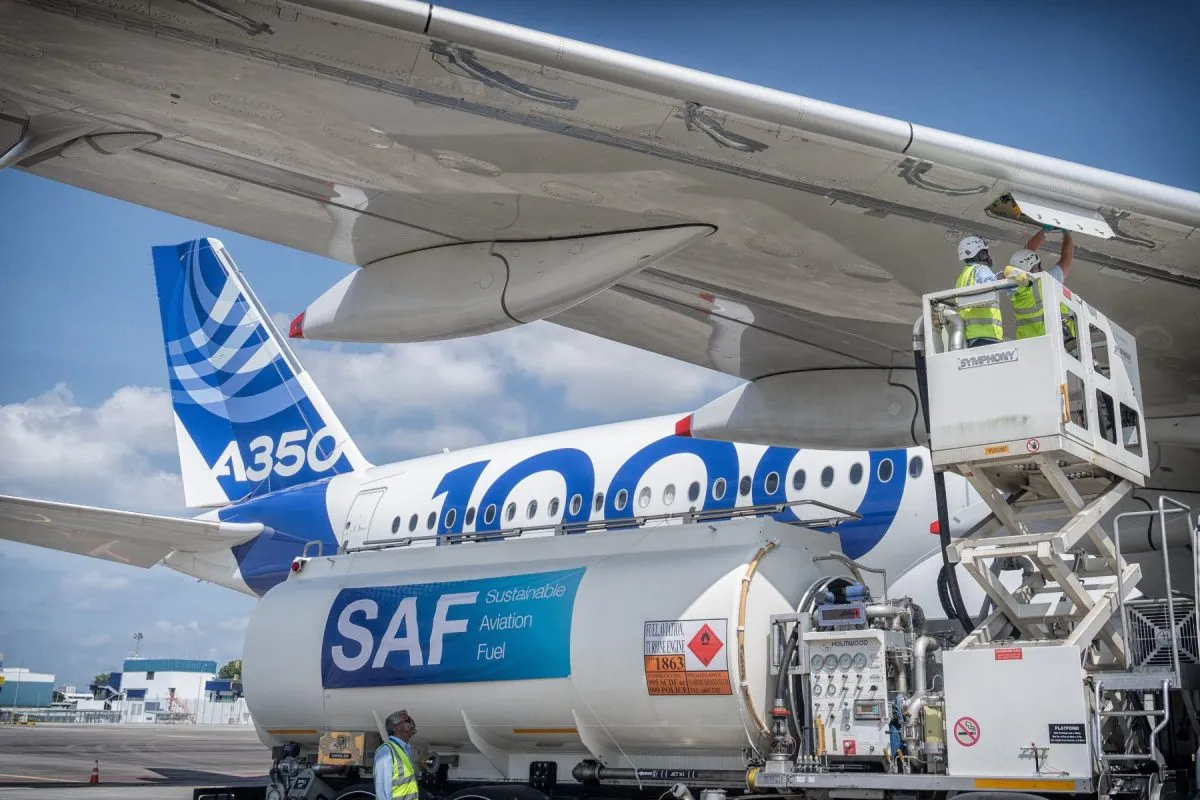Big Names In Travel Back CommonPass, New Digital Health Passport to Restart Travel

Skift Take
There may be light at the end of the travel corridor as an international pilot project, supported by American Express Global Business Travel, United, Cathay, Collinson and more, prepares to launch in the next couple of weeks.
The trial will involve a test run of a digital health passport called CommonPass, and a framework that sets standards for lab results and vaccination records, as well as a system that allows different countries to set their own health criteria for entry.
The purpose is to enable safer airline and cross-border travel by giving travelers and governments confidence in each traveler's verified Covid-19 status.
As far back as April there have been ad-hoc attempts at airport testing, but this scheme is one of the most ambitious to date, involving four countries and two major carriers.
The project is being run by the Commons Project Foundation, a Swiss-based non-profit public trust, and the World Economic Forum. The Commons Project was established with support from The Rockefeller Foundation.
Cathay Pacific Airways and United Airlines will trial the system, with select volunteers on flights between London, New York, Hong Kong and Singapore.
Cathay’s first trial is a flight between Hong Kong International Airport and Singapore Changi International Airport, using rapid testing technology provided by Prenetics.
For United, volunteers will use CommonPass for flights between London Heathrow Airport and Newark Liberty International Airport. At London Heathrow, tests from private testing company Prenetics will be administered by Collinson in Covid-19 testing facilities set up with its partner Swissport.
What gives this particular scheme extra kudos is that it's being officially “observed” by U.S. Customs and Border Protection and U.S. Centers for Disease Control and Prevention.
"I am encouraged by how quickly the global travel industry has coalesced around the CommonPass Framework" said Greg O'Hara, founder of Certares and executive chairman of American Express Global Business Travel. "CommonPass can give travelers the clarity and confidence they need to start moving again.”
How Does It Work?
The project claims it can enable travelers to start sharing their certified Covid-19 test status across borders for the first time.
To use CommonPass, travelers take a Covid-19 test at a certified lab and upload the results to their mobile phone. They then complete any additional health screening questionnaires required by the destination country.
With test results and questionnaire complete, CommonPass confirms a traveler’s compliance with the destination country entry requirements and generates a QR code. This can be scanned by airline staff and border officials. A QR code can be printed for users without mobile devices.
If it succeeds, it would be a significant step in making the case to governments that tests, rather than quarantines, are practical and safe. It might even be the silver bullet that enables dedicated travel corridors for business travelers, and others, worldwide.
Currently, travel corridors — or bubbles — are proving unstable, with governments opening and closing them at short notice, leading to little stability that many businesses are calling for in order to resume their travel.
In Asia, dedicated travel corridors have had more success, with some countries allowing government officials and certain types of business traveler access.
Japan and South Korea are poised to restart business travel between the two countries, according to reports.
Meanwhile, in Singapore the government is piloting a new business travel pass for senior executives with regional or international responsibilities who need to travel regularly for official and business purposes.
In June, Thailand also opened up its borders for those on business travel or wanting medical services and treatment.
You Have to Start Somewhere
For the rest of the world, in particular the U.S. and Europe, few dedicated business travel corridors have been established. However, with the summer vacation period recently ended, now’s the time to test them.
"It’s sensible to start with areas like corporate travel. It’s a better start to measure, because we’re out of the peak leisure season, and we know economies need to get going again," David Evans, Collinson's joint CEO, told Skift.
"For us, this is about travel recovery, you have to start somewhere. You start with a bubble between two countries, and a limited number of people and you gather data. Testing is critical to these sorts of things. You capture data and you can further open up different options and routes."
The UK government in particular has been slow to react, and Collinson's testing facility at Heathrow was set up in preparation to help convince authorities. Any boost for London-New York, a popular business route, would be welcome.
However, the UK government announced on Wednesday it had set up a Global Travel Taskforce to accelerate work to inform proposals on a future testing regime and develop options for how this could be introduced.
"Today’s announcement of a task force charged with looking at a testing model for international travel is long overdue," said Clive Wratten, CEO of the Business Travel Association. "We have been calling for months for airport testing to be introduced. Testing trials in other markets have demonstrated high levels of accuracy and effectiveness."
Meanwhile, Evans believes governments should also explore allowing certain types of business travelers to be exempt from quarantines, if they can show a negative Covid result.
"The benefit of corridors is that they can be just between two states," he said. "This is what makes it simple to implement. We’ve having conversations around limiting it to certain industries or certain roles. If you look at the 42 exemptions in the UK, fruit pickers are one of those exemptions, for example."
But for those countries that stipulate a 14-day quarantine, business travelers will remain deterred.
"Even if you’re wasting two or three hours at an airport for a test, at least it avoids people not traveling," said Ivan de Lantivy, director and co-founder of 360 travel consultancy. "People will start to travel again if countries get testing in place. What’s two to three hours extra on your trip if you got to travel? I think we’d all put up with that. I hope governments and countries get their act together and actually start testing people."
De Lantivy added CommonPass would be a step forward in giving travelers and governments some form of comfort and getting people back on the road or in the air, and agreed with Evans that "fast lanes" that could depend on the business type, or industry, could work.
Meanwhile, other digital health passports continue to gain ground, including the ICC AOKpass mobile app, developed by the International Chamber of Commerce and International SOS. It's already being used in the energy sector, but will soon begin new pilots with several travel companies and airports.
For now, the CommonPass project seems confident and is already gearing up to expand to additional airlines and routes across Asia, Africa, the Americas, Europe and the Middle East.
“The government of Rwanda is working with the Commons Project to implement CommonPass as a tool to protect our population's health as we reopen our borders,” said Dr. Sabin Nsanzimana, director general of Rwanda's BiomedicalCentre. “We can make more informed border entry decisions with the ability to trust health information from other countries.”
Julian Guerrero Orozco, Colombia’s vice minister of tourism, added: “Trust through clarity and consistency will be key to restoring confidence to travel. Instead of having different approaches nationally, we need a standard method like the CommonPass Framework.”
Piece by piece, there could be hope for the future of travel corridors. But in the same way that the industry invested millions of dollars over several months reassuring nervous travelers about the safety of taking flights and checking into hotels, so too will it now need to get together to reassure multiple governments this can work.
"Airlines are onboard, because until a vaccine is found, it’s going to be important to show to countries that you’re safe before you get on plane and before you travel to their border. CommonPass recognizes countries have different rules," Evans added.




